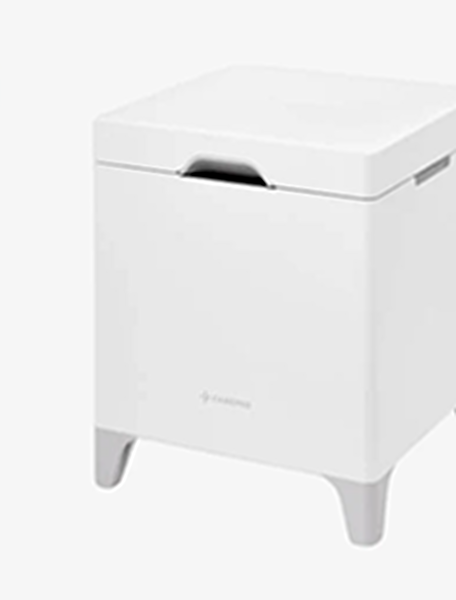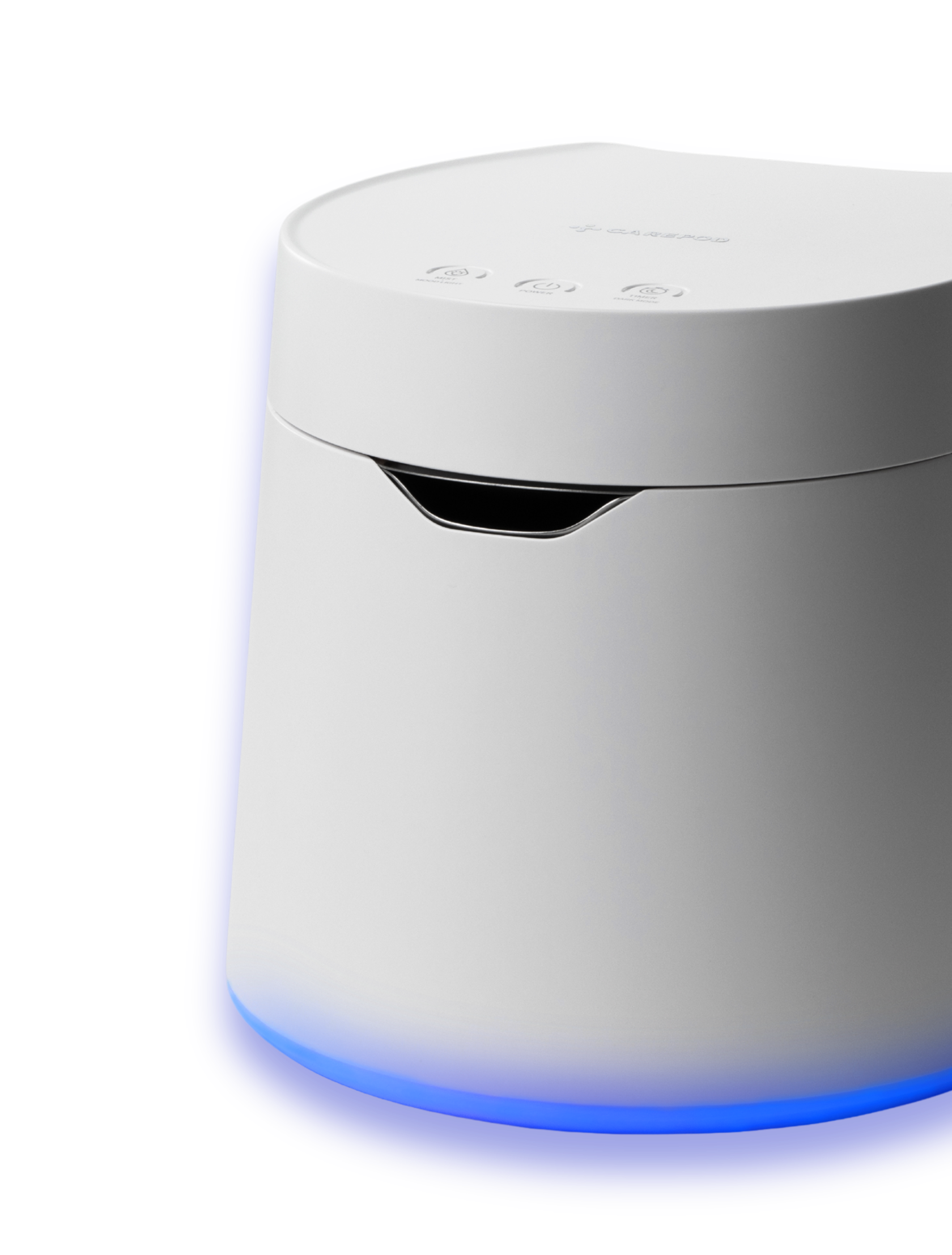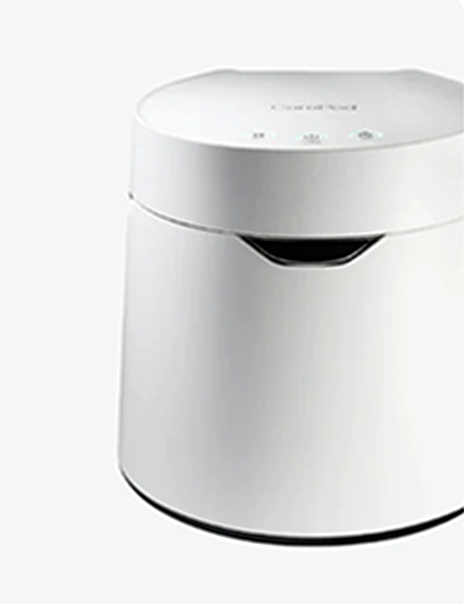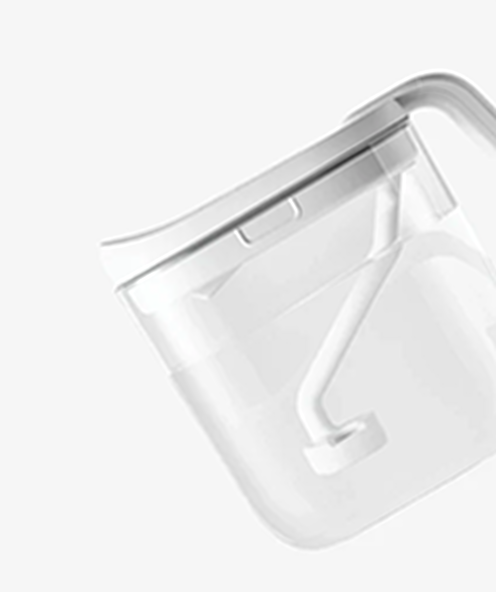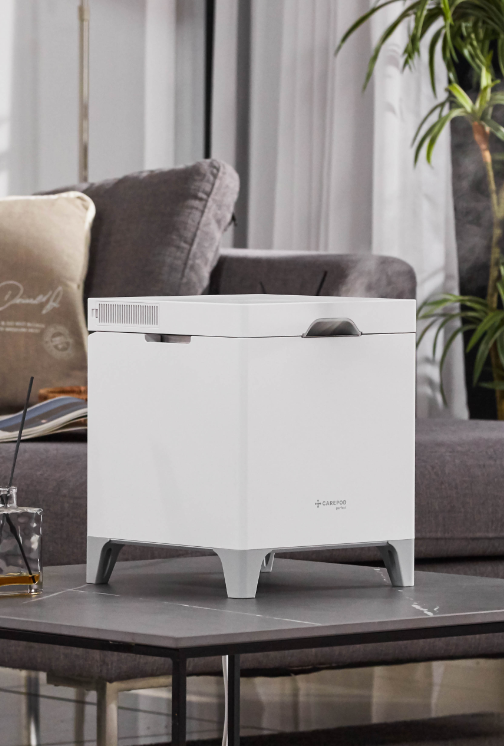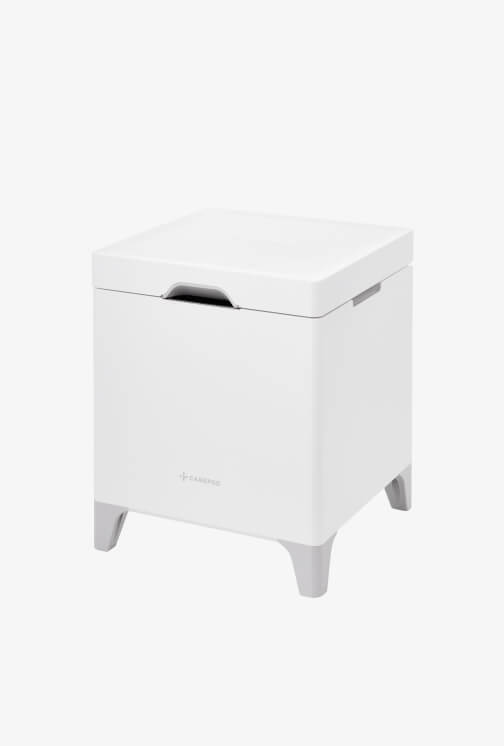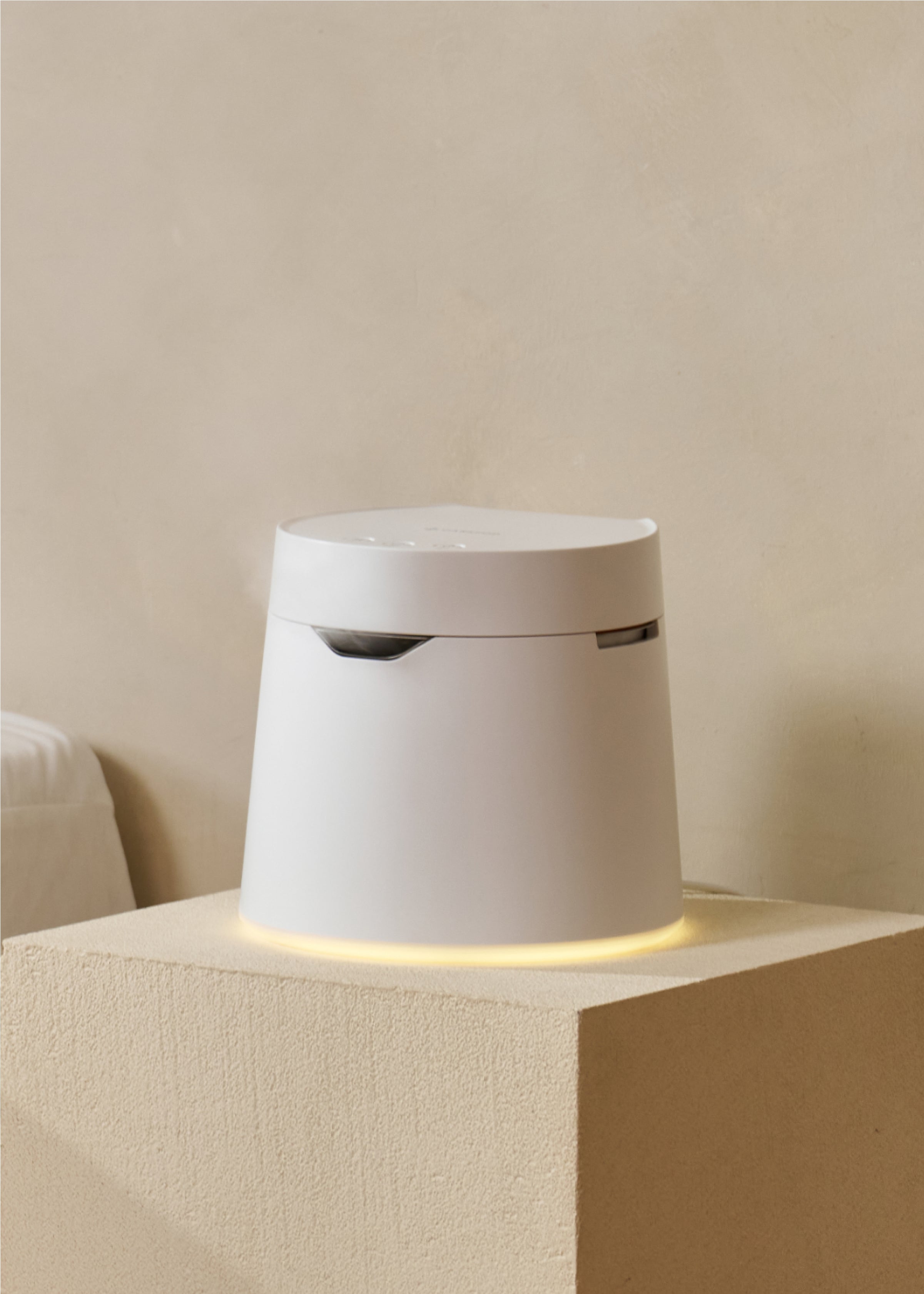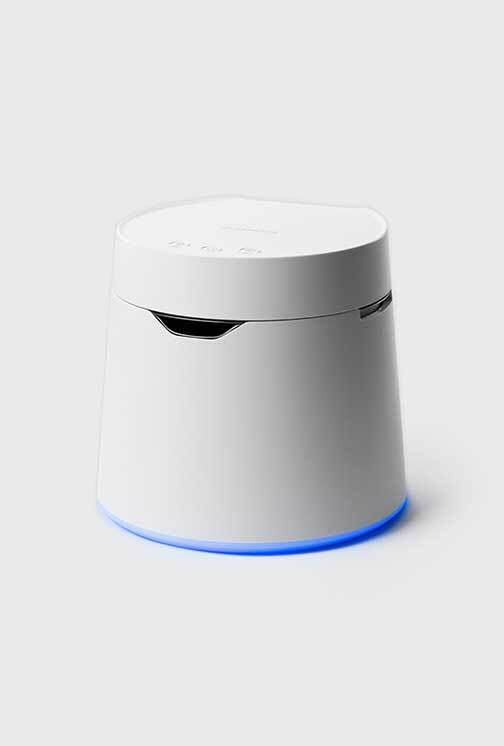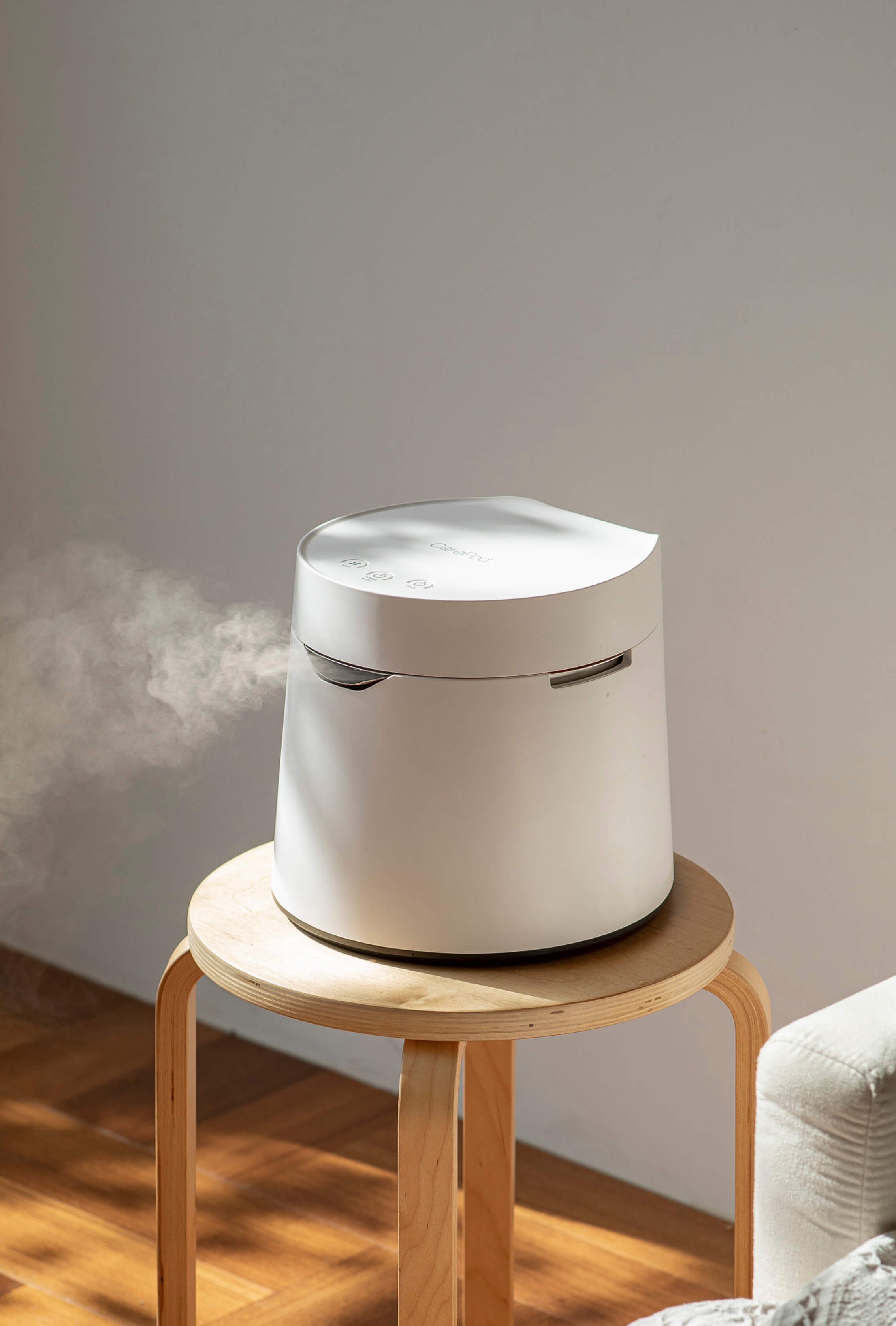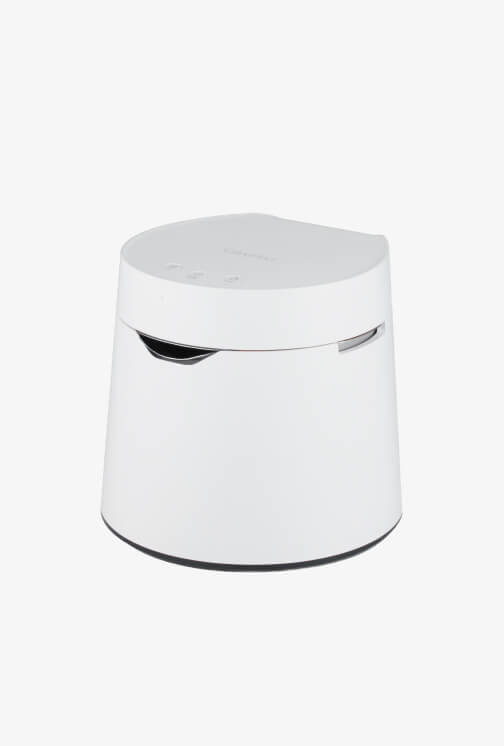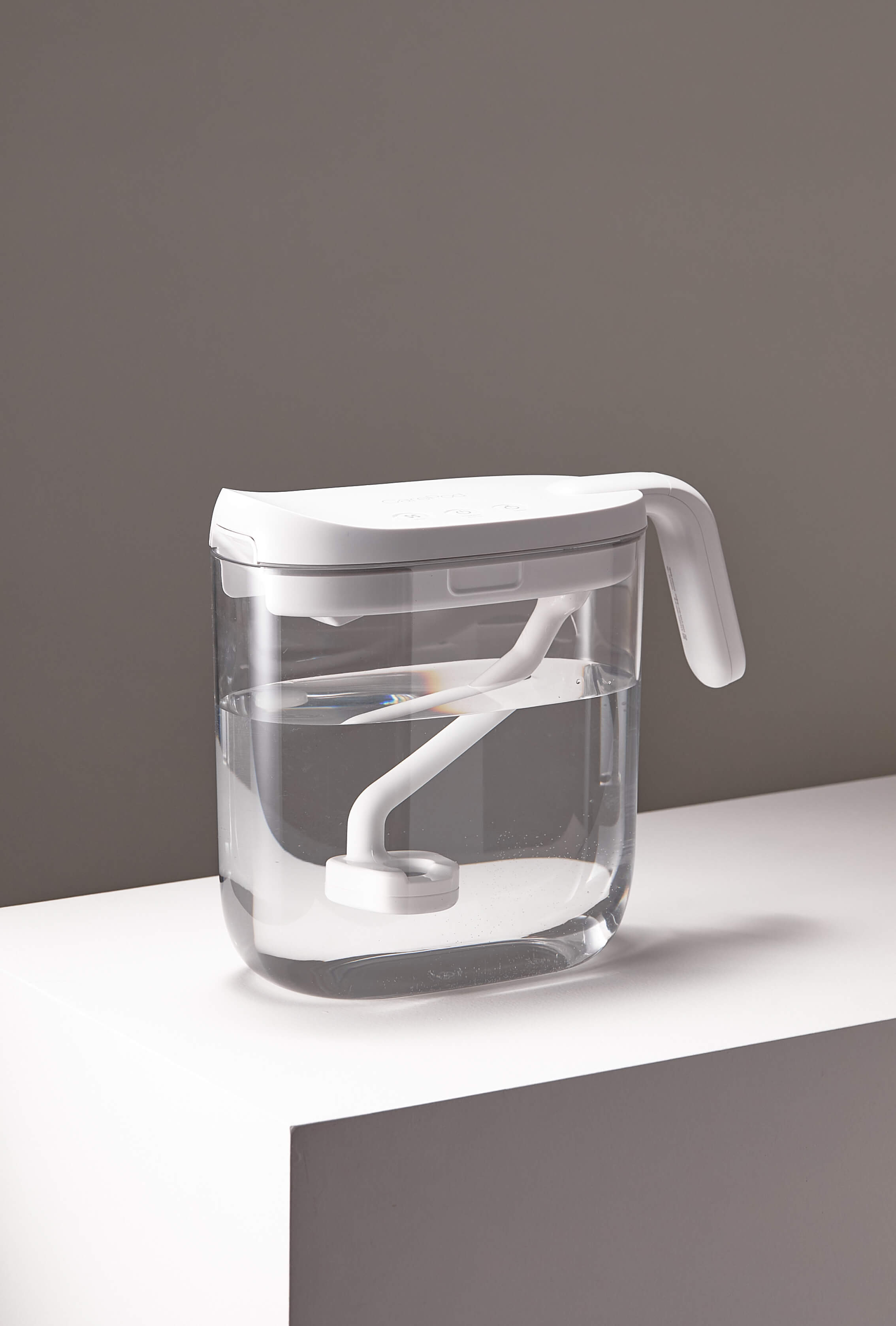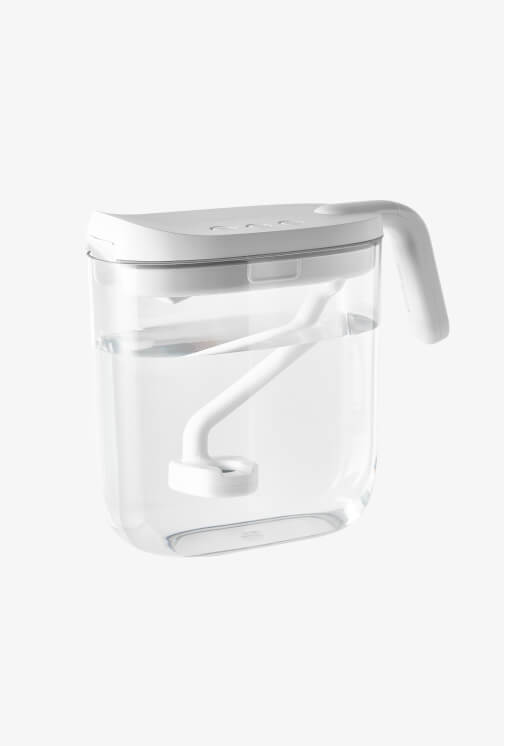The Link Between Humidifiers and Pet Health: What Every Pet Owner Should Know

As pet owners, we go to great lengths to ensure our furry friends are comfortable and healthy. While we focus on diet and exercise, the air quality in our homes also plays a crucial role. The optimal humidity level can be the line between discomfort and wellbeing for our pets.
Humidifiers are more than just household appliances; they can serve as effective wellness devices guarding against the unseen dryness that may affect the health of our pets. Both under and over-humidity can lead to health issues, indicating the delicate balance necessary for their comfort.
This article dives into the relationship between humidifiers and pet health. We explore why controlling humidity matters, the benefits humidifiers offer to our loyal companions, and guidelines for choosing and maintaining the right humidifier to keep the tail-wagging members of our families hale and hearty.
The Importance of Humidity Control
Maintaining the ideal humidity level in your home is crucial, especially if you're a pet owner. Low humidity levels or during the colder seasons or dry indoor air from summer air conditioning may not just be uncomfortable for humans; our furry friends suffer too.
Like with humans, a lack of adequate moisture in the air can cause pets to develop dry skin, respiratory discomfort, and pose difficulties in regulating body temperature.
Humidifiers serve as a remedy to these challenges, adding the essential moisture back into the air. The added humidity can result in a more vibrant coat for your pets, alleviation from itchy skin, and more comfortable breathing.
It's not just about comfort; it's also about health. For instance, optimal humidity levels can reduce the prevalence of airborne pathogens, thereby contributing to a healthier environment.
Finding that sweet spot – typically between 40 to 60 percent humidity – is key. Regularly cleaning your humidifier, using distilled or purified water over tap water, and monitoring the humidity with a hygrometer can keep the humidity at an ideal level, ensuring a healthy environment for you and your pets.
However, not all humidifiers are alike, and choosing the right type can be significant. Warm mist humidifiers, though effective in producing water vapor, may not be the safest option for homes with active pets due to the risk of burns from hot water.
On the other hand, cool mist humidifiers, including ultrasonic and evaporative types, are generally safer and equally adept at maintaining moisture levels in your home.

The Role of Humidity in our Environment
Our environment's humidity level is a silent, yet fundamental factor affecting the well-being of our pets.
When the air in our homes becomes too dry, our pets may face coat and skin issues, which can lead to scratching, discomfort, and a lackluster appearance. Moreover, the airways and nasal passages in pets are just as likely to be aggravated by dry air, which could lead to increased respiratory issues like runny noses or exacerbate conditions such as asthma.
Studies have shown that increasing humidity in kennels can reduce the spread of certain diseases, like the dreaded kennel cough, emphasizing the crucial role that humidity plays in animal care facilities as well as in homes.
How Humidity Affects Our Pet's Health
The link between humidity and pet health is often underestimated. Just like in humans, the effects of dry air on our pets range from mild discomfort to more severe respiratory issues.
Dogs with sensitive skin or seasonal allergies, in particular, can benefit from the right level of humidity, as it soothes their itchy skin and helps clear nasal passages, making breathing easier.
Cats, too, find relief in better-moisturized air. Those with feline asthma can breathe easier, and the prevalence of static electricity shocks - a minor yet discomforting phenomenon in dry environments - is significantly decreased.
Maintaining balanced humidity levels in your home is vital for your pets' overall health. By relieving dry skin, itchy coats, and easing respiratory ailments, one can ensure a happier, healthier life for our animal companions.

The Benefits of Humidifiers for Pets
Humidifiers can be a substantial addition to any pet-friendly household aiming to enhance the quality of life of their companions. The devices work by emitting water vapor into the air to increase the environmental moisture levels.
This can be particularly helpful for pets with respiratory conditions or those recovering from illnesses involving the nasal passages and lungs. They can assist pets suffering from colds by lessening the severity of runny or stuffy noses.
Similarly, dogs and cats with conditions that mimic human asthma may find a more comfortable breathing experience in appropriately humidified air.
Alleviating Allergies and Respiratory Issues
A key benefit of using humidifiers is their role in mitigating allergies and respiratory issues in pets. Employing a humidifier to achieve an optimal balance can lead to a noticeable decrease in allergens, such as mold, mildew, and dust mites.
Moreover, by curtailing spaces where harmful bacteria can grow, humidifiers contribute to a healthier indoor breathing space for both pets and their human family members.
Soothing Dry Skin and Itchy Eyes
Pet owners often witness their pets struggle with dry, itchy skin and itchy eyes, particularly during allergy season, dry winter months or in arid regions. Such discomfort can cause scratching, restlessness, and even hair loss.
A cool mist humidifier can create a more hospitable environment for a pet's skin by reintroducing the necessary moisture back into the air. Healthier skin and fur coat, as well as diminished dandruff in cats, are just some of the pet benefits humidifiers can provide.
The key is finding the right humidifier and using it to keep indoor air at the ideal humidity level, thereby maximizing comfort for sensitive eyes and skin.
Creating a More Comfortable Environment
Pets, much like humans, appreciate a cozy and serene environment, especially during sleep. Ultrasonic humidifiers are especially adept at generating water vapor without the disruptive or potentially dangerous elements of warm steam models.
Utilizing a humidifier with a preference for cool mist outputs can result in improved sleep quality for pets, reducing symptoms like nasal congestion and aiding in a comfortable night's rest. Even infants and young children can benefit from a humidified room.
For pets that display cold-like symptoms, a humidifier could be instrumental in creating a more relaxed and healing atmosphere, ensuring that your pet feels comfortable, rested, and capable of achieving better overall wellness.

Factors to Consider When Choosing a Humidifier
When selecting the perfect humidifier for your beloved pets, it's vital to match the device to the size of the space you are looking to humidify. An undersized humidifier won't effectively maintain the right humidity levels, while an oversized one could lead to excessive moisture and related problems such as mold growth.
To attain the ideal humidity level for your pet's comfort, check the coverage area specified by the humidifier, which is often measured in square feet. For optimal effectiveness, choose a humidifier that closely matches or is slightly greater than the square footage of the room. Some humidifiers are designed for personal use or small spaces up to 300 sq ft, while others have the capacity to cover areas as large as 500 sq ft or more.
Noise Level
Noise is a significant factor for pet owners to consider, especially given that animals like cats have acute hearing and can be sensitive to sounds imperceptible to humans. Ultrasonic humidifiers are particularly suitable for pets due to their quiet operation. Look for models specifically designed with low-noise features to ensure your pets remain undisturbed. Additionally, positioning the humidifier out of reach will mitigate any risks of accidents or pets tampering with the device, while also potentially reducing the direct sound impact.
Energy Efficiency
When it comes to energy efficiency, cool-mist humidifiers generally take the lead because they don't require the energy to heat water to boiling point as warm-mist models do. Within this category, ultrasonic cool-mist humidifiers are especially efficient, using a nebulizer to produce a fine mist rather than relying on heat. Not only is this beneficial for your utility bills, but it's also better for the environment.
Evaporative cool-mist humidifiers also stand out in terms of energy efficiency, with a simple fan mechanism to vaporize water. This can translate to significant cost savings over time, making them a prudent choice for eco-conscious and economically minded pet owners.
Maintenance and Cleaning
Maintenance is a critical aspect to keep in mind, as humidifiers require regular cleaning to prevent the growth of mold and harmful bacteria, which can be detrimental to both human and pet health. Ideally, a weekly cleaning routine should be established for the humidifier, which includes proper disassembly, using recommended cleaning agents, and ensuring all components are dried thoroughly before reassembly.
Humidifiers with filters require additional attention as the filters must be replaced according to the manufacturer's schedule to maintain clean and healthy air output. Finding a filter-free humidifier can help you avoid any issues with filters becoming a breeding ground for mold and bacteria.

Additional Features and Options
For pet owners looking to provide the best environment for their dogs, consider humidifiers with adjustable humidity level settings. This allows for a customized climate to suit individual pet needs. Opt for devices with a large water tank to minimize refill frequency. User-friendly designs that are easy to dismantle and clean will make maintenance less of a chore and more of a simple routine task.
Additionally, safety features like auto shut-off are invaluable; the humidifier will turn off automatically if the water level gets too low, eliminating concerns over the device running unsupervised.
Monitoring Indoor Humidity Levels
Monitoring and maintaining indoor humidity within the ideal range is as vital for pets as it is for humans. Utilize a hygrometer to keep tabs on the moisture in the air and adjust the settings of your humidifier to achieve a range that suits your pets—30-70% for dogs and 30-50% for cats. Awareness of your pets' contribution to indoor humidity levels is also key. Aquariums, water bowls, or pet enclosures can add to the moisture level of the room.

Next Steps
Ensuring the health and comfort of your pets involves considering more than just their physical activity and nutrition; their respiratory health is also important. When used correctly, humidifiers can alleviate symptoms associated with dry air, such as itchy skin or respiratory issues.
For optimal operation, choose a humidifier with antibacterial features and an easy-to-clean design. This will simplify the process and ensure that the humidifier continues to provide the relief your pet’s needs without becoming a breeding ground for bacteria or mold.
Lastly, carefully weigh options such as room size and coverage, noise level, energy efficiency, maintenance, and added features to find a humidifier that best suits the needs of both pet and household. Prioritizing these factors will contribute to a healthier, happier ambience that supports the well-being of your furry friends.
